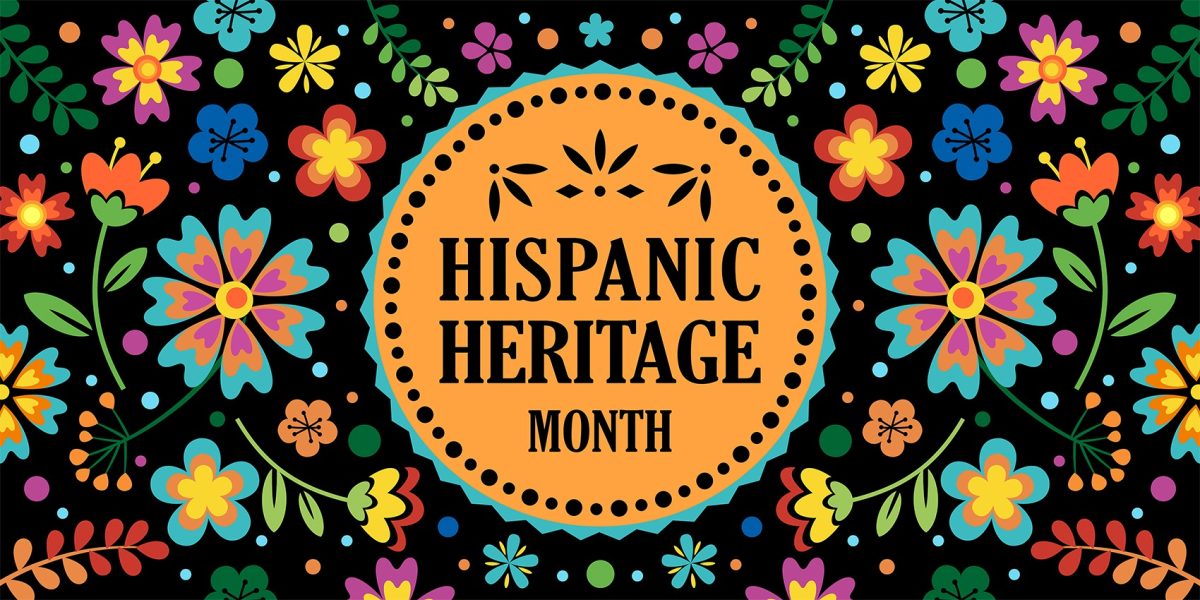Album
‘A Seat at the Table’ (2016) by Solange
‘A Seat at the Table’ captures the present-day Black narrative in America; the album insights into the narrative and explores the complexities of the Black experience in the nation. From covering racism and prejudice, police brutality to microaggressions, Solange tells this bleak narrative, but she also captures and celebrates the beauty of Black culture. Through her own imposition of her identity as a Black woman, she tells a narrative of the communal hurt and healing of Black Americans. Solange’s album represents the continual cry for justice and the empowerment to seek equality in the modern-day Black narrative.
Book
‘Passing’ (1929) by Nella Larsen
‘Passing’ accounts the fictional narrative of Irene Redfield and Clare Kendry, two mixed-race Black women who are reunited by chance. The setting is in the Harlem neighborhood in New York City during the 1920s, in the midst of the Harlem Renaissance and de facto segregation. Through Redfield and Kendry’s coincidental reunion, Redfield discovers Kendry “passes” for white, and finds she’s even married to a white man. Through the novel, their lives are increasingly intertwined alongside a growing fascination for each other. Larsen explores race, gender and sexuality, as well as the complex gray areas of racial identity, especially during a time period where race was considered from a black-and-white framework.
TV Show
‘black-ish’ created by Kenya Barris
‘Blackish’ presents an upper-class Black family that navigates through personal, cultural and sociopolitical issues through their multifaceted identities as Black Americans and being in an upper class. A major aspect of the show is the complexities of identity, including self, racial and socioeconomic identities. The show opens conversations about these issues and explores how complex they can become, but it doesn’t seek to erase blackness from the characters rather acknowledging the beautiful complexity and diversity Black identity is.
Movie
‘I Am Not Your Negro’ directed by Raoul Peck
This documentary film encapsulates James Baldwin’s unfinished book, “Remember This House.” Narrated by Samuel L. Jackson, the words and notes of Baldwin are animated, and the film regards the issues of U.S. race relations. Dir. Raoul Peck takes Baldwin’s notes about Medgar Evers, Malcolm X and Dr. Martin Luther King Jr., and explores the livelihoods of the historic leaders, the livelihoods of Black Americans and the Civil Rights movement. The analytical approach and social critique on Peck’s part connects the historic recollections of Baldwin to modern-day race conversations and relations. In conclusion, Peck inserts Baldwin’s assertion, a statement that epitomizes the longevity of Black experience in the U.S: “…It’s just a difference in the way they castrate you, but the fact of the castration is the American fact—If I am not the [n-word] here, and you the white people invented him, then you’ve got to find out why. And the future of the country depends on that, whether or not it’s able to ask [itself] that question.”

















